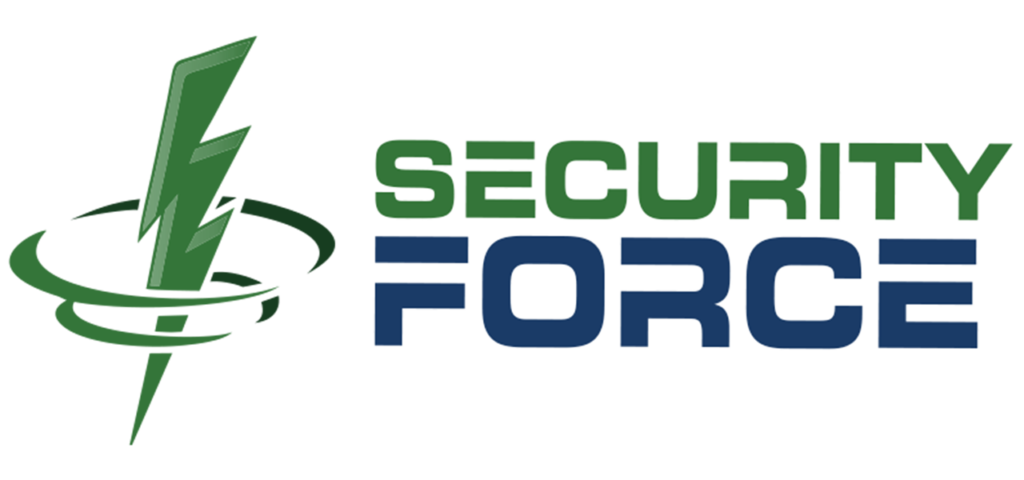If you’re responsible for security infrastructure—whether for a business, school, hospital, or government facility—you may have come across the term NDAA compliance. It might sound like government jargon, but it has big implications for your organization, your technology, and your future risk exposure.
So what is the NDAA, and why should you care if your security cameras and access control systems are NDAA compliant?
Let’s break it down.
What Is the NDAA?
The NDAA stands for the National Defense Authorization Act, an annual U.S. federal law that outlines the budget and expenditures for the Department of Defense.
But starting in 2019, the NDAA included a new provision—Section 889—that affects not just military agencies, but anyone doing business with the federal government or managing sensitive security infrastructure.
This section prohibits the federal government—and any contractors or grant recipients—from using certain telecommunications and video surveillance equipment from a list of blacklisted Chinese manufacturers.
What Equipment Is Banned?
The NDAA specifically bans the use of equipment made by (or using critical components from):
- Hikvision
- Dahua
- Huawei
- ZTE
- Hytera
These companies have been linked to the Chinese government, and the concern is that their hardware could contain backdoors or other vulnerabilities that pose national security risks.
What’s important to know is that this doesn’t just apply to the brand on the box. Many other companies rebrand or resell equipment with internal components made by banned manufacturers. If your security vendor isn’t careful, you could end up with NDAA non-compliant gear without even knowing it.
Who Needs to Be NDAA Compliant?
You should be thinking about NDAA compliance if you are:
- A federal contractor or subcontractor
- A recipient of federal grants or funding
- A provider to state or local government agencies
- In a critical infrastructure sector like healthcare, energy, transportation, or education
- A business that wants to future-proof your investment and minimize long-term risk
Even if you don’t work with the government today, installing non-compliant equipment now could limit your options in the future, including disqualifying you from contracts or triggering costly replacements.
Why NDAA Compliance Matters for You
- Future-Proofing Your Investment
Non-compliant equipment might be cheaper up front—but if regulations tighten or you land a government contract later, you could be forced to rip it out and replace it at full cost. - Cybersecurity Confidence
NDAA-compliant equipment typically comes from manufacturers with more transparent supply chains, stricter security controls, and better documentation. - Legal and Financial Risk
Using banned equipment in a government-funded project—knowingly or not—can result in contract violations, grant clawbacks, and even legal liability. - Reputation Matters
When clients or partners know you’ve taken care to install NDAA-compliant infrastructure, it signals professionalism, diligence, and an eye on long-term security—not just short-term savings.
How to Know If Your System Is NDAA Compliant
- Ask your security vendor directly: Reputable integrators should be able to confirm compliance and offer documentation.
- Review the product specs: Look for statements of compliance and avoid vague language like “NDAA friendly” or “U.S. compatible.”
- Watch for rebadged equipment: Some vendors rebrand equipment from banned companies. It’s not enough to go by brand name alone.
If you already have a system installed and you’re not sure what’s inside it, a compliance audit can help you identify risk areas and develop a plan for upgrades or replacement.
Bottom Line: Compliance Isn’t Just for Government
The NDAA is more than a policy document—it’s a signal that supply chain security matters in physical security infrastructure.
Whether or not you’re directly affected today, NDAA compliance is becoming a baseline best practice for organizations that want to:
- Protect against cybersecurity threats
- Maintain eligibility for funding and contracts
- Demonstrate responsibility and foresight
Need Help Navigating NDAA Compliance?
We specialize in providing NDAA-compliant video surveillance and access control systems that meet today’s standards—and tomorrow’s.
If you’re unsure about your current system, or planning a new installation, let’s talk. We’ll help you design a system you can trust—and one that won’t come back to bite you down the line.

